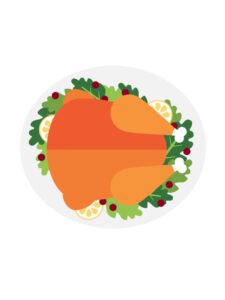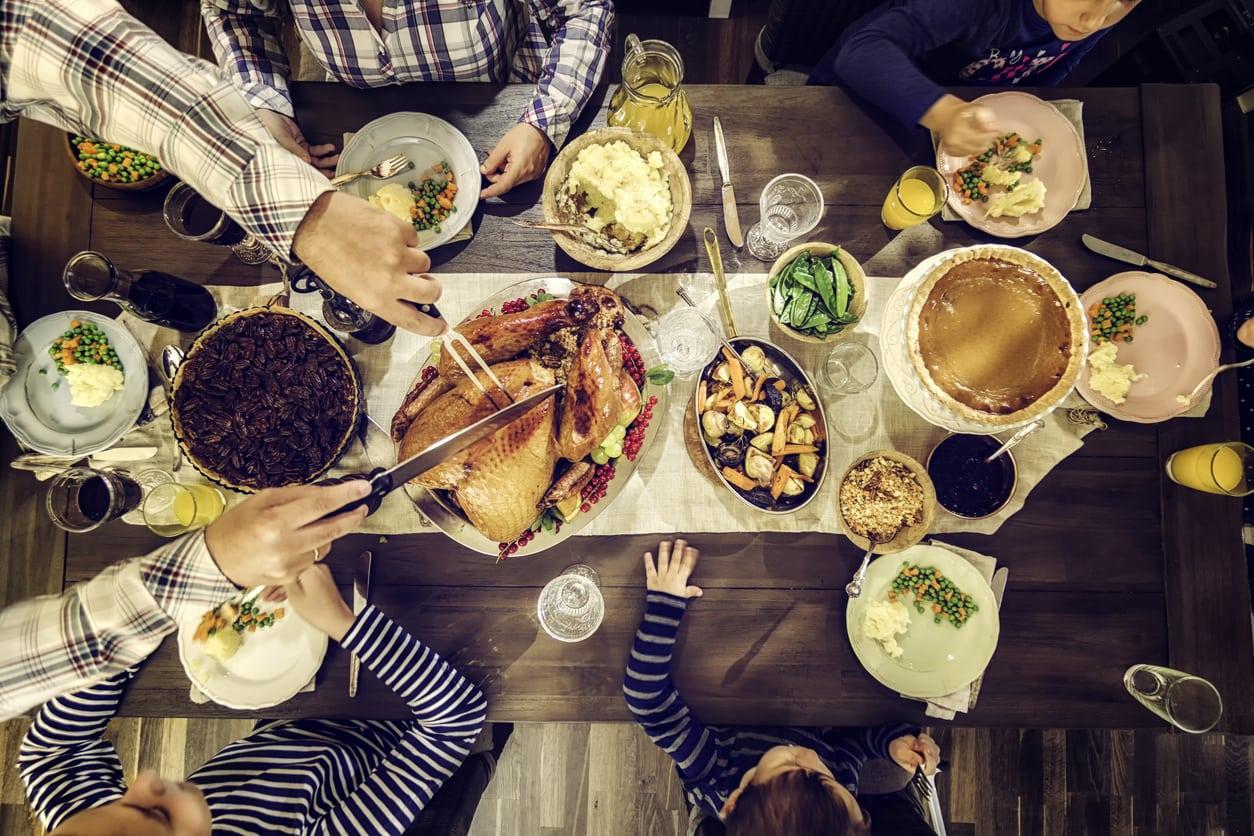Your Thanksgiving preferences have a lot to do with your own family traditions, but genetics may also play a role. 
This Thanksgiving, along with taking the time to give thanks for our friends, family and all that we have, 23andMe is celebrating what our DNA can tell us about ourselves
Thanksgiving Preferences
Customers can even peruse “A Very 23andMe Thanksgiving” page to learn a little bit about what genetics says about their own specific traits during this holiday season. There, they can learn about their Bitter Taste preference or Alcohol Flush response.
They can even find out about whether they are genetically predisposed to hate the sounds of others chewing. (Yeah, it’s a thing, and it’s called misophonia.)
And to add a dash more of insight we’ve also done a quick look at genetic food preference data from our customers who have consented to participate in research. What we found is kind of interesting. So before you tuck into your Thanksgiving meal, take a minute to look at some of what we’ve learned.
Different Preferences between Men and Women
Looking at the data we found that men and women were likely to have some distinct food preferences based on their genetics. And about a quarter of our women customers were predicted to prefer sweet treats to salty ones.
It was much different for men with just over two percent of our male customers likely to reach for sweets over salty treats.
We also found a distinct difference in predicted food preferences based on the ages of our customers, or at least when we looked at customers in their 20s versus customers in their 60s. What we learned is that about 20 percent of customers in their 60s were likely to prefer sweets, versus just under 10 percent of people in their 20s.
So what does all this mean?
Traits, like a lot of conditions, are not just determined by our genes. It is actually a complex mix of culture, lifestyle, environment, and genetics that influence what we like to eat and what we turn our noses up to.
So when 23andMe reports on your Bitter Taste preference, we are reporting on the likelihood that you can detect certain bitter compounds, and thus whether you are more or less likely to think Brussels sprouts or broccoli are bitter. The science behind that has to do with a gene, TAS2R38, which affects your taste receptors. But that doesn’t mean you will necessarily like them.
If you want to learn a little bit more about what your own genetics can tell you about your food preferences, login and check out “A Very 23andMe Thanksgiving.”
Not yet a customer?
Find out more about all that 23andMe has to offer here, and don’t miss our great Black Friday and Cyber Monday deal happening now through December 2, for up to 50% off a 23andMe kit.




